Providing the right skills is the key to young people’s transition into the labour market of the future and to Europe’s green and digital transition.
What should policy makers consider when deciding about career guidance, skills and transition from school to work? High-level panelists, project partners and an active online and offline audience discussed issues around what type of skills for the future, the collaboration between education and labour required for it, as well as policy action from regional to European level at the closing event of the Erasmus+ funded project WakeUp Your Vocation on October 26th.
Alicia Homs, MEP and 1st VP of the EMPL Committee, tackled several points from the agenda of the European Parliament, like fostering digital and green skills to speed up the twin transition. They are also key for equal opportunities, social awareness, and inclusion, mentioning the inequalities that women still face in the labour market. May 2024 should not be the end of European Year of skills, but rather a new beginning.
Csaba Borboly, Member of the Committee of the Regions, brought his regional-European perspective. He addressed to the necessity of an enhanced innovation of the education system to bridge skills gaps. Beyond policies and projects such as WakeUp this transition requires change at a wider cultural level.
Giuseppina Tucci, Secretary General of OBESSU, highlighted the value of the co-creation in whatever action building process, in order to create a valuable empowerment of people in the green transition and moreover to develop their own persona. She advocated for broader skills sets and youth empowerment.
Claudia Pinto, Policy Officer on Social Inclusion at the Youth European Forum, underlined that young people are not a homogeneous group. Their participation is key to understand their needs and demands. Moreover, investment and regulation, such as on unpaid traineeships, is necessary to overcome shortcoming regarding payment, engagement and adequate trainings.
Hosted by the Goethe-Institut Brüssel and organised in the framework of the #EuropeanYearOfSkills and the #EUVocationalSkills week, the event highlighted how timely the project and its outputs are in a context of skills shortages, youth unemployment, European elections, and the twin transition.
You can find the recording of the hybrid event here.
In the attachment you can find the material that was presented during the conference.







